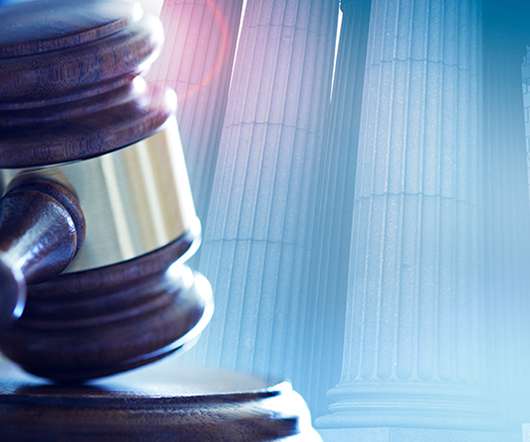Second Circuit Rules Private Student Loans May Be Discharged in Bankruptcy
Troutman Sanders
JULY 19, 2021
Court of Appeals for the Second Circuit ruled that private student loans are not explicitly exempt from a debtor’s Chapter 7 bankruptcy discharge. The district court disagreed, finding the text and structure of both Sections 523(a)(8) and § 523(a)(8)(A)(ii) exempt from discharge a far narrower category of debt. On July 15, the U.S.



















Let's personalize your content